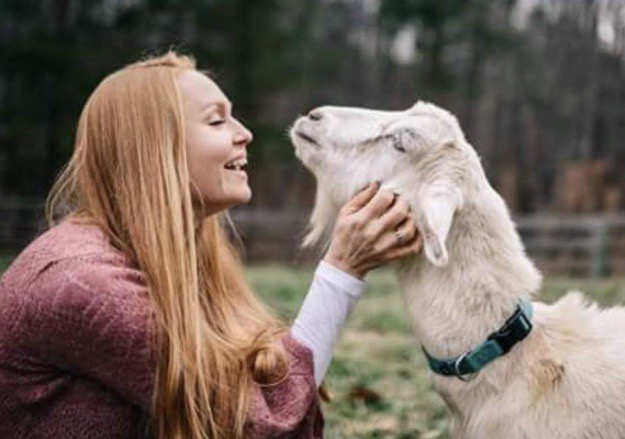Repost - Your children: Free Labor
- dunlapfarmlife

- Apr 4, 2024
- 4 min read
It has been a few years since writing this post, and my how our girls have blossomed in that time. While they have each developed their own interests and hobbies separate from the farm, they still have regular farm chores and are expected to pitch in on larger tasks like moving the chicken coop to a different pasture, picking up fallen limbs after a storm, or chopping and stacking firewood.
They still complain, and there's always a point of inertia to overcome, but having the resilience of knowing how to work hard, get things done, and work as a team has served them well in the world outside of our farm, and will continue to as they begin to spread their wings.
Love and work ethic are two things that we are not short of around here as we continue to cultivate an environment that will encourage our kids to thrive as they become young adults.

Here's my original post:
“In the Harvard Grant Study, the longest running longitudinal study in history, (spanning 75 years and counting--from 1938 to the present), researchers identified two things that people need in order to be happy and successful:
The first? Love.
The second? Work ethic. “*source in link at the end
I don't even know how I would manage everything on the farm without help. From daily chores like collecting eggs, feeding animals, and weeding the garden to big tasks like getting a fallen tree off of the fence line or raking hay, I depend on my kids to jump in and do their part.

One question I get a lot is HOW? How do you get your children to work so hard around the farm? I won't pretend to have all the answers, but here's four things that might help:
Start little and start young. Anytime one of my kids asks, "Can I help?" the answer is always a resounding YES. Then it's up to me to find something they can mostly succeed at. Then we do it together. My youngest is 5 and can now scoop manure with the best of them and does so with pride. When she was 2 or 3, she would want to help, which would of course make the task take longer. Her job would be to carry the pitchfork for me, or hold the other wheelbarrow handle as we moved it. Now she can do these things independently, and she feels super grown up to be doing it. It seems counterproductive to slow down and wait for a little one to try to use a heavy shovel or spill the contents of the wheelbarrow. Time spent training is not time spent wasted. It will be repaid in dividends later.
Cultivate a helper mentality. Mistakes will happen. Eggs will get dropped. Gates will be left unlatched, and horses will get out. Goat feed will be spilled. However, mistakes are learning opportunities. It is a time to show them how to react when others make mistakes with "how can I help" rather than "look what you did." Asking your child how you can help gives the responsibility to them to think about the mistake, take ownership, and try to fix it. Last time I shattered a glass on the kitchen floor, my middle child came in with the broom and asked, "how can I help?" and my heart smiled.
Let them assign tasks. One of the easiest ways to get stuff done is to make a list. Don't you just love checking things off? I may be guilty of putting things on the list that I've already done purely for the satisfaction of checking them off. I make a list, post it in the kitchen, and have the kids divvy up the tasks themselves. They get to choose, which gives them ownership over the tasks. The tough ones, they often decide to tackle together. And if the list gets really lopsided, I remind them that once they're are done with the tasks, they have to go help the other finish. Some things that might be seen on a list around here: clean the kitchen, sweep and vacuum, scrub toilets, muck out chicken coop, clean water troughs, move the horses, rake hay. water the garden, pick up sticks and limbs, spread manure. They will complain, and that's ok. It's kinda their job to figure out what is the least they can do. And it's ours as parents to keep them moving forward.
Have a reward at the end, and always associate the reward with their hard work. Recognize what they've accomplished and create a sense of pride for what's been done. Frequent rewards for us: my oldest daughter will make a delicious homemade dessert for all to enjoy, we read an extra chapter of a book, or watch an episode of Dr. Who. The simpler, the better. The real reward is highlighting the sense of accomplishment and sharing in a job well done.

Turn on some music, roll up your sleeves, and get go get stuff done. And make your kids come with you.
And don't feel guilty about giving them work to do...it's a good thing, and someone smarter than I am proved it: Click here to read about it. *



Comments